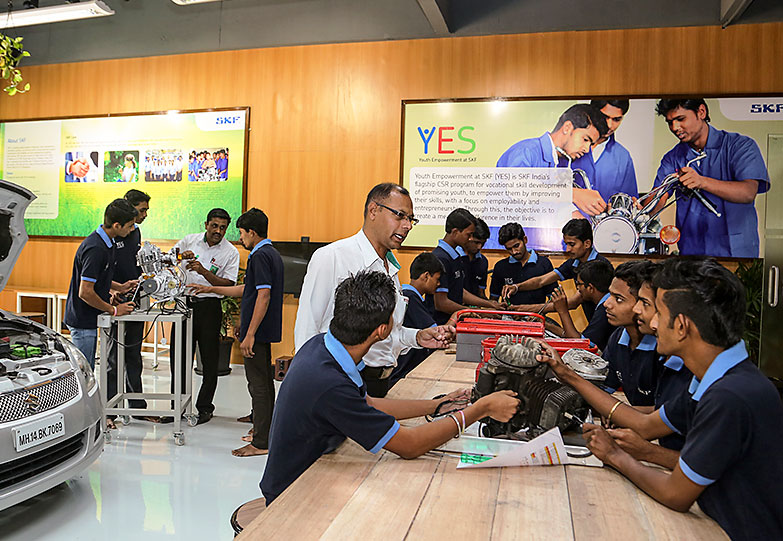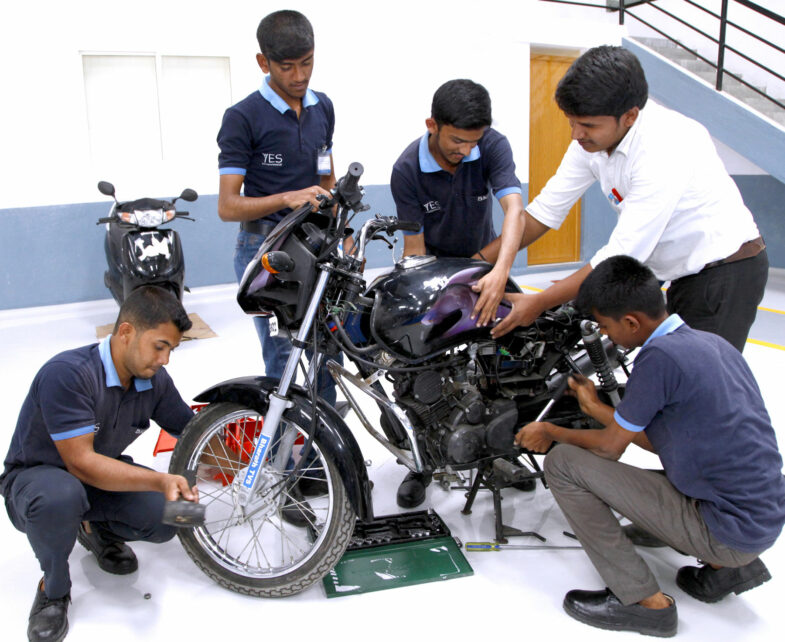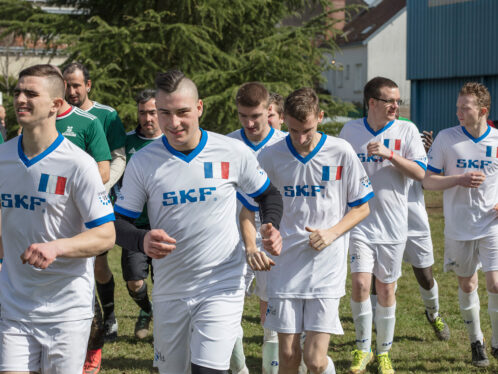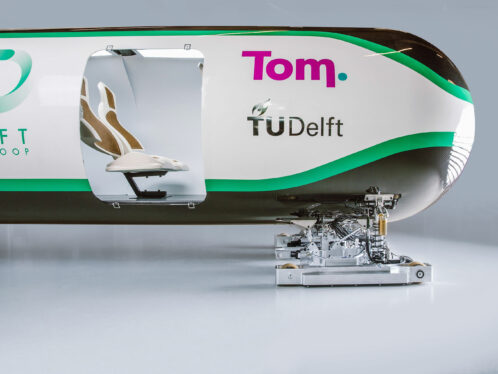
Bridging a skill gap
SKF India’s training programme for unskilled Indian youth is providing incomes and changing lives.
The automotive market in India is booming. Some 20 million vehicles are added every year, which means the need for skilled technicians to service them is also growing. In India, formal education, or the lack of it, often leaves a gap in the skills required to earn a sustainable livelihood. To bridge this gap and equip young workers with adequate livelihood skills as automotive technicians, SKF India has launched the YES, or Youth Empowerment at SKF, programme in Pune and Bengaluru, two Indian cities where SKF has manufacturing units.
The focus at SKF, he says, is to “make a meaningful difference in the lives of the recipients of our community connect programmes”. With YES, he says, comes the opportunity to leverage SKF’s knowledge and resources for youth aged 18 to 24 from economically challenged backgrounds and equip them with skills that can generate a livelihood.
We wanted to provide a platform to youngsters and give them hope to write their own future.
Shrikant Savangikar
SKF India’s director for business excellence
YES is SKF India’s flagship programme in corporate social responsibility (CSR). The programme started in Pune in 2013, and another one has since started in Bengaluru. Through the programme young workers get training in automobile repair at the centres in Pune and Bengaluru. The course, which is six months long, includes both repair and maintenance modules. Shrikant Savangikar, SKF India’s director for business excellence, quality and sustainability, says the course was designed with an eye to the modern-day requirements of the automobile industry.
“We looked at dimensions such as education, empowerment and employment at a decent salary,” he says. “We wanted to provide a platform to youngsters and give them hope to write their own future.”
YES came about partly because of findings of a survey conducted by SKF, that showed there was a shortage of skilled garage mechanics to service the complex vehicles being produced today. There was clearly a huge opportunity to bridge the skill gap in modern automotive servicing and at the same time help to solve the unemployment problems of Indian youth just entering the job market.
To make YES a reality, SKF joined forces with two non-profit organizations already working with underprivileged youth. In Pune, the Don Bosco Technical Institute is the implementation partner. The implementation partner at the training centre in Bengaluru is the Sambhav Foundation.
The training facility in Pune
At the SKF YES facility in the sprawling Don Bosco campus in Pune, a group of trainees, dressed in neat blue uniforms, listen with rapt attention to their trainer as he takes them through technical details of a stripped motorcycle engine. This is a full-scale workshop where both entire cars and parts are available to give the trainees hands-on experience in the repair and servicing of vehicles. Each training group comprises 25 young people.
The course includes e-learning, communication and basic English language skills, personality development, customer interaction, front desk management and financial literacy. The long-term objective is to create entrepreneurs, so sessions are held on how to become successful garage owners, notes Savangikar.
YES also fits in with the Indian government’s directive to large corporations to set aside 2 percent of their profits for CSR projects. Savangikar is quick to point out that SKF has been doing CSR activities since 2005. “We did not need any government directive to do so,” he says. Through another SKF India flagship programme young boys and girls get football training, each year sending a group to Sweden to participate in the Gothia Cup.
With two centres up and running and three more planned in cities where SKF is present – in Haridwar in the state of Uttarakhand (north India), Guwahati in Assam (north-east India) and Ahmedabad in Gujarat (west India) – the goal is to train 5,000 young workers over five years.
The Don Bosco and Sambhav foundations, which have their own networks, are responsible for recruiting programme participants. Hostel accommodations are given to participants from outside the cities. SKF picks up the tab for accommodation and food. The hope is that after working for two to three years, some graduates of the programme will seek SKF’s help to set up their own service centres, for which there is a huge demand in rural India. When this happens, SKF is committed to giving them a start-up kit and assistance for bank linkage.






